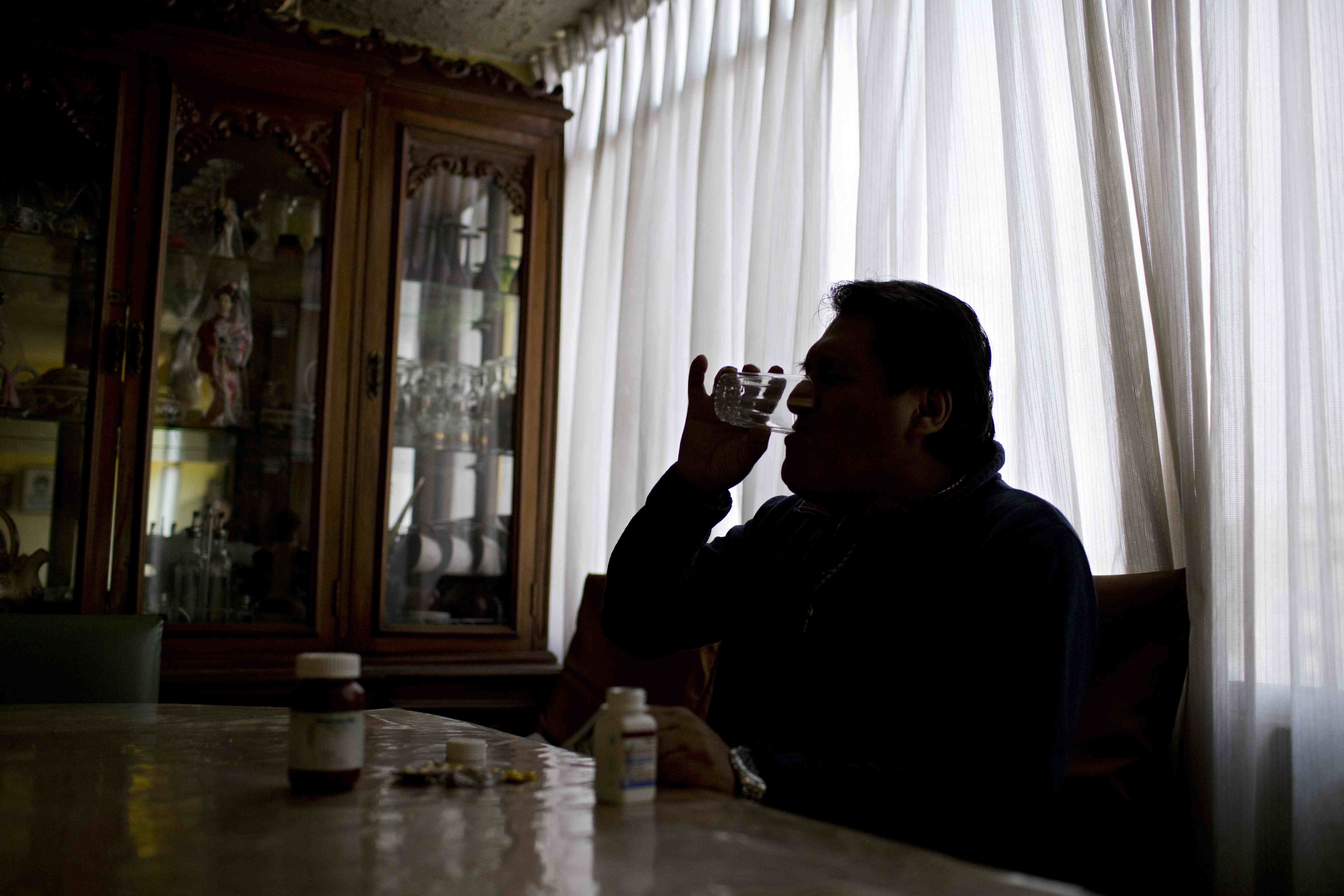Pacific trade deal could limit affordable drugs : world health chief
Reuters | 12 November 2015
Pacific trade deal could limit affordable drugs : world health chief
by Tom Miles
A massive trade pact between 12 Pacific rim countries could limit the availability of affordable medicines, the head of the World Health Organization said on Thursday, joining a heated debate on the impact of the deal.
Margaret Chan told a conference there were "some very serious concerns" about the Trans-Pacific Partnership (TPP), a central plank of U.S. President Barack Obama’s trade policy which still needs to be ratified by member governments.
"If these agreements open trade yet close the door to affordable medicines we have to ask the question : is this really progress at all," Chan asked a conference in Geneva.
The deal’s backers, including the United States, Canada, Japan and Australia, say it will cut trade barriers and set common standards across 40 percent of the world’s economy.
But other bodies, including leaders of India’s $15 billion pharmaceuticals industry, have said it could end up protecting the patents of powerful drugs companies inside the deal area, at the expense of makers of cheaper generic drugs outside.
"Can you bear the cost of $1,000 for a pill to treat Hepatitis C ?," Chan asked the audience of health experts, academics and diplomats. "Unless we get these prices down many millions of people will be left behind."
She said no country in the WHO objected to the private sector making a fair profit, but she was worried about companies influencing decision-making in health policy.
"I worry about interference by powerful economic operators in the new targets for alcohol, tobacco and non-communicable diseases, including many that are diet-related. Economic power readily translates into political power."
Chan said it was important to find the right balance between encouraging innovation and keeping drugs affordable, but some recent innovations had led to "astronomical" price rises.
U.S. unions, lawmakers and interest groups last week also raised concerns over the text of the deal, setting up a potentially difficult path to ratification by the United States, the biggest of the 12 partners.
U.S. labor representatives said the agreement contained weak, poorly worded or unenforceable provisions.
If ratified, the TPP will be a legacy-defining achievement for Obama and his administration’s pivot to Asia, aimed at countering China’s rising economic and political influence.






